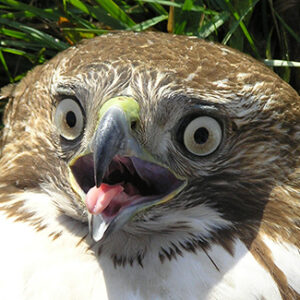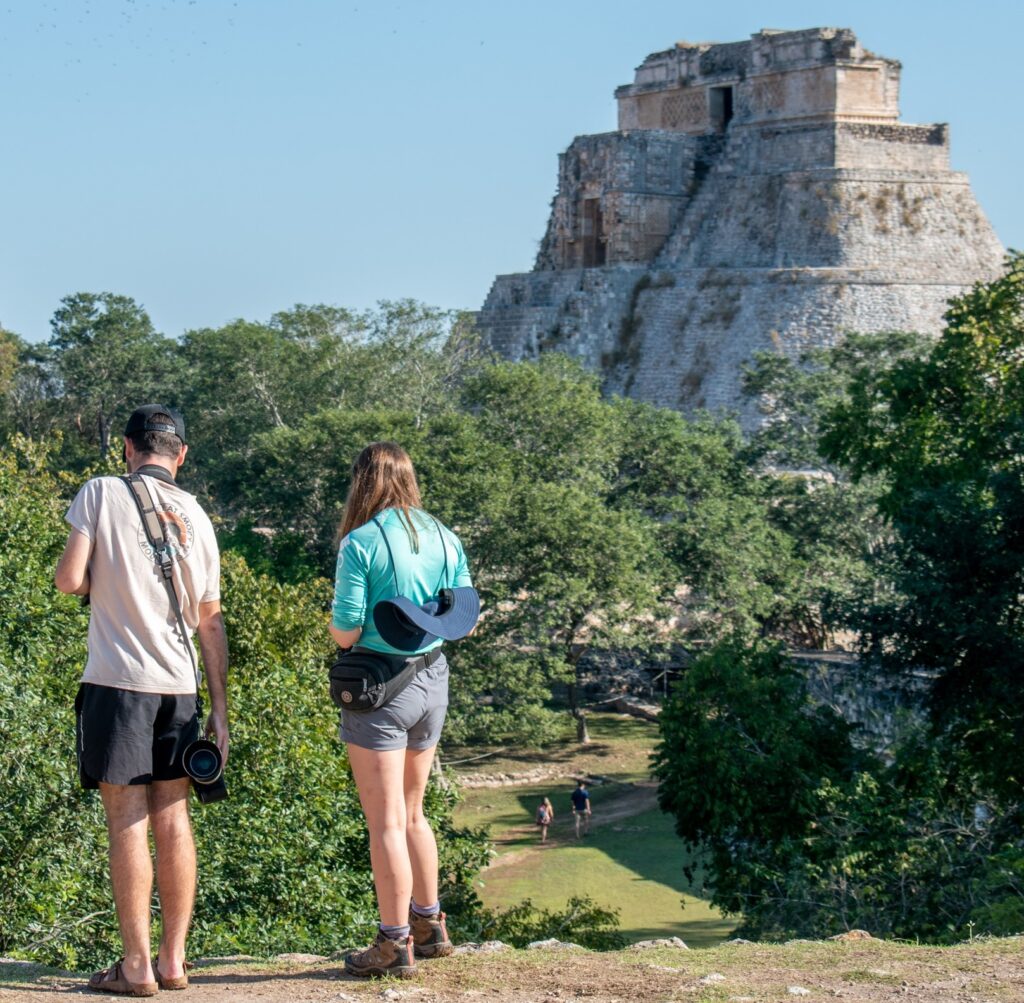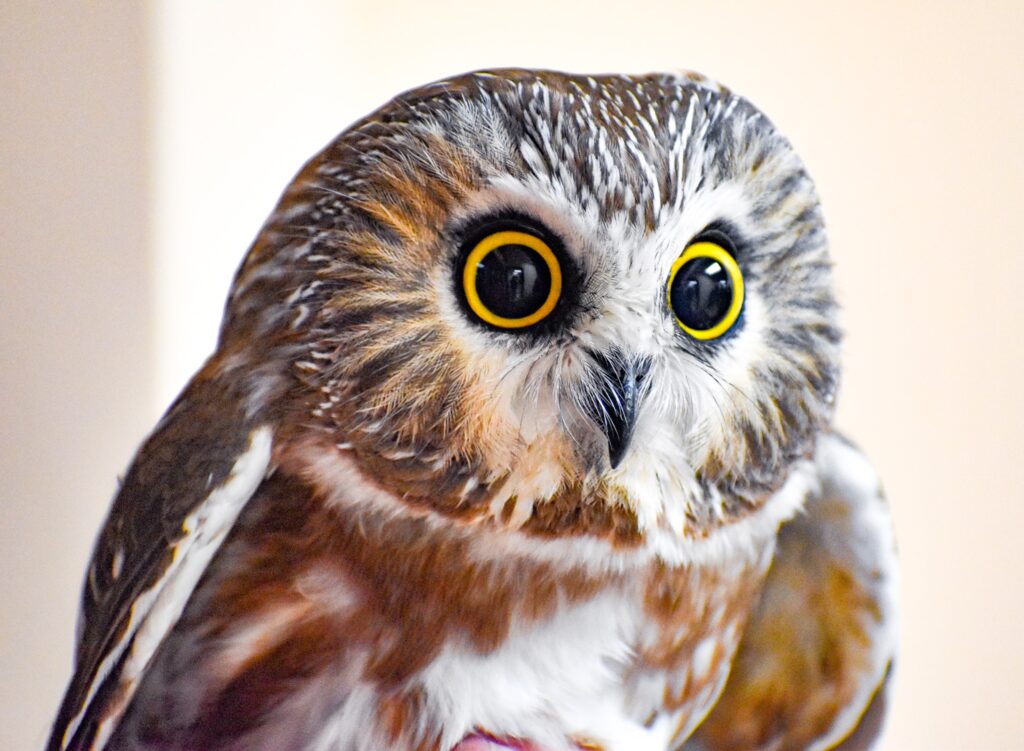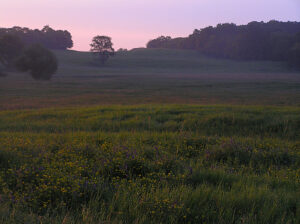NRES 101 – Wildlife Conservation in the 21st Century

This course is an introduction to the conservation, diversity and ecology of animals. The diversity of fish, reptiles, amphibians, mammals, and birds both around the world and in Illinois will be explored. The course will have a strong conservation component where students are introduced to a variety of threats facing animals. The students will be introduced to how to manage sustainable wildlife populations. The students will be exposed to current issues in Illinois to illustrate how people and animals can co-occur and a broad overview of the management, restoration, and conservation techniques.
NRES 285 – Field Experience


Yucatan: Ecology, Culture, & Environmental Sustainability – This course explores the ecology of tropical forests and mangroves, the culture of the current and pre-European Mayan communities, and the sustainability of the environment and culture in the Yucatan. The Yucatan Peninsula, located in southern Mexico, separates the Caribbean Sea from the Gulf of Mexico. Encompassing the three states of Campeche, Yucatan, and Quintana Roo, the peninsula’s forest ecosystem is the largest continuous area of tropical vegetation in the Americas after Amazonia, containing 10 million hectares of diverse forests and serving as a vital carbon sink for the planet. The area has been home to the Mayan civilization for the past 8,000 years, and Mayan descendants and culture continue to persist. The Yucatan is an ideal location to introduce students to a broad range of real-world environmental and sustainability issues while gaining a deep understanding about the challenge of balancing short-term human needs with the long-term health of environmental systems. The course meets six times in the fall semester on campus, and then in early January we spend 15 days in the Yucatan over the winter break.
Owl Migration and Education: This is a practical course on field research whose primary purpose is to provide firsthand experience in gathering data on wild birds for scientific research and learn about and lead environmental education programs. This course will focus on avian field research techniques, specifically mist netting birds, handling birds, banding birds, attaching transmitters, and using automated radio telemetry to investigate the behavior of migrating birds. This is an active research project in which the students will also be exposed to and learn the skills necessary to conduct research on the stopover ecology of Northern Saw-whet Owls. Students will also organize and provide educational materials for “owl night”. These events will be hosted in coordination with Champaign County Forest Preserves and Vermilion County Conservation District. The students will learn how to interact with the public and provide educational materials for both adults and children.
NRES 348 – Fish & Wildlife Ecology
Application of ecological principles and modeling to management of fish and wildlife populations; significance of abiotic and biotic factors, including life-history parameters in population growth and management; and techniques and procedures for the development of management strategies for animal populations, emphasizing vertebrates. A course in statistics is highly recommended. Same as IB 348. Prerequisite: IB 203 or NRES 219.
